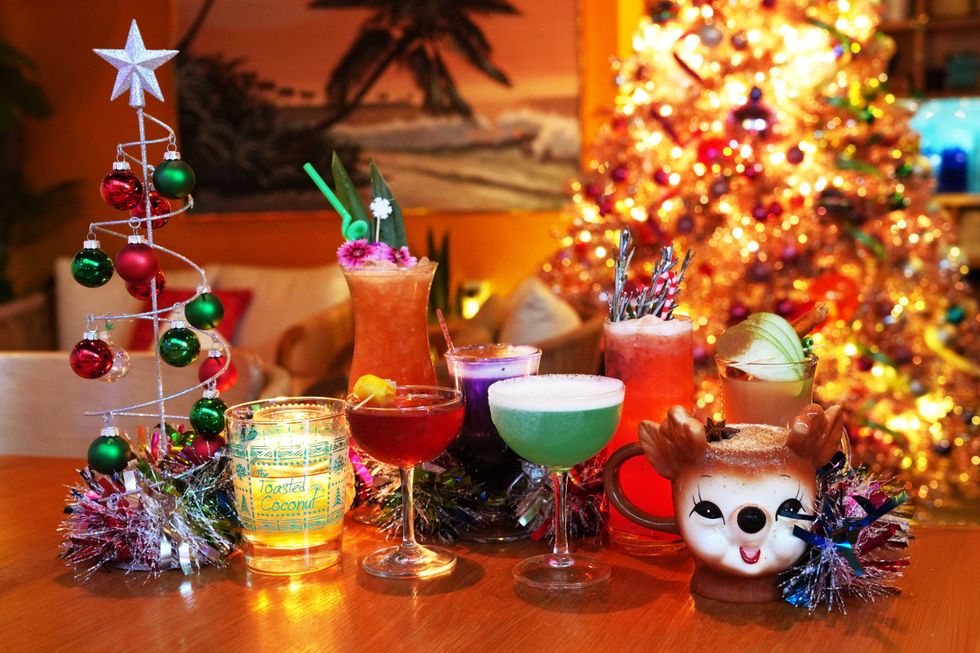 Salmon at CanopyPhoto by Paula Murphy
Salmon at CanopyPhoto by Paula Murphy Salmon with mango relish
Salmon with mango relish
You know you’re supposed to eat salmon once a week, right?
Doctors say all those omega-3 fatty acids are good for you, but then there are those other reports about carcinogens and toxins in farmed fish. Farmed, wild, fresh or frozen? Just which salmon are we supposed to eat?
One thing I know for sure is that those salmon patties—yes, patties, not croquettes—that were a staple of 1950’s cookbooks probably aren’t healthy and weren’t very tasty either. My Mom used to buy a can of "chunk salmon" that was a very happy but highly unnatural color of pink and would mash it up with last week’s bread to make those little, dry patties that served as our fish for the month. To this day my sister, a non-foodie whose Pakistani diet consists of decidedly non-gourmet foods, grimaces at the mere remembrance of those meals.
But lately I’ve had some pretty tasty salmon that puts those patties to shame.
First, there’s the perfectly pan roasted salmon with vermicelli and sweet and spicy sauce served up at Canopy, the new eatery by Shade’s Claire Smith. Currently she’s using New Zealand wild king salmon, but most of the time it’s Tasmanian sustainable king salmon.
Then last week there was a remarkable salmon-fest hosted by the non-profit Oldways at RDG + Bar Annie where chef Robert Del Grande served up salmon six ways. Yes, six. It would have been seven but Del Grande decided to leave the fish out of the dessert course. Thank you very much, Robert.
The wild Yukon River salmon from Kwik’pak Fisheries was smoked, fried, seared, cured, steamed and wood grilled. Not exactly how the Yup’ik Eskimos eat it.
“My sons like salmon soup with ketchup,” said Ellen Keyes, who attended the dinner with her husband, Humphrey. The Keyes are part of the Kwik’pak co-op of Alaskan fisher-folk who use sustainable methods to catch salmon.
“We’re about educating the public on the old ways of eating healthy,” Dun Gifford, president of Oldways explained. “Fatty fish power our brains and our sex organs. Eating fish is what separates us from the great apes.”
Rebecca Reeves, an associate professor at Baylor College of Medicine concurred. “The omega-3 fatty acids help thin the blood and make it run smoother, they lower triglycerides and help reduce inflammation,” she said.
But is wild salmon really better than farmed salmon?
“From what I’ve read farmed and wild salmon offer the same health benefits and you can’t catch enough wild to feed the population," Reeves said
Still, if you want to eat wild salmon, and help out the Eskimo economy, you can buy Kwik’pak Fisheries wild Yukon River salmon at Central Market. It’s not only tasty but you’ll be doing your body a favor by eating it.
Salmon—it’s what’s for dinner, or should be.



